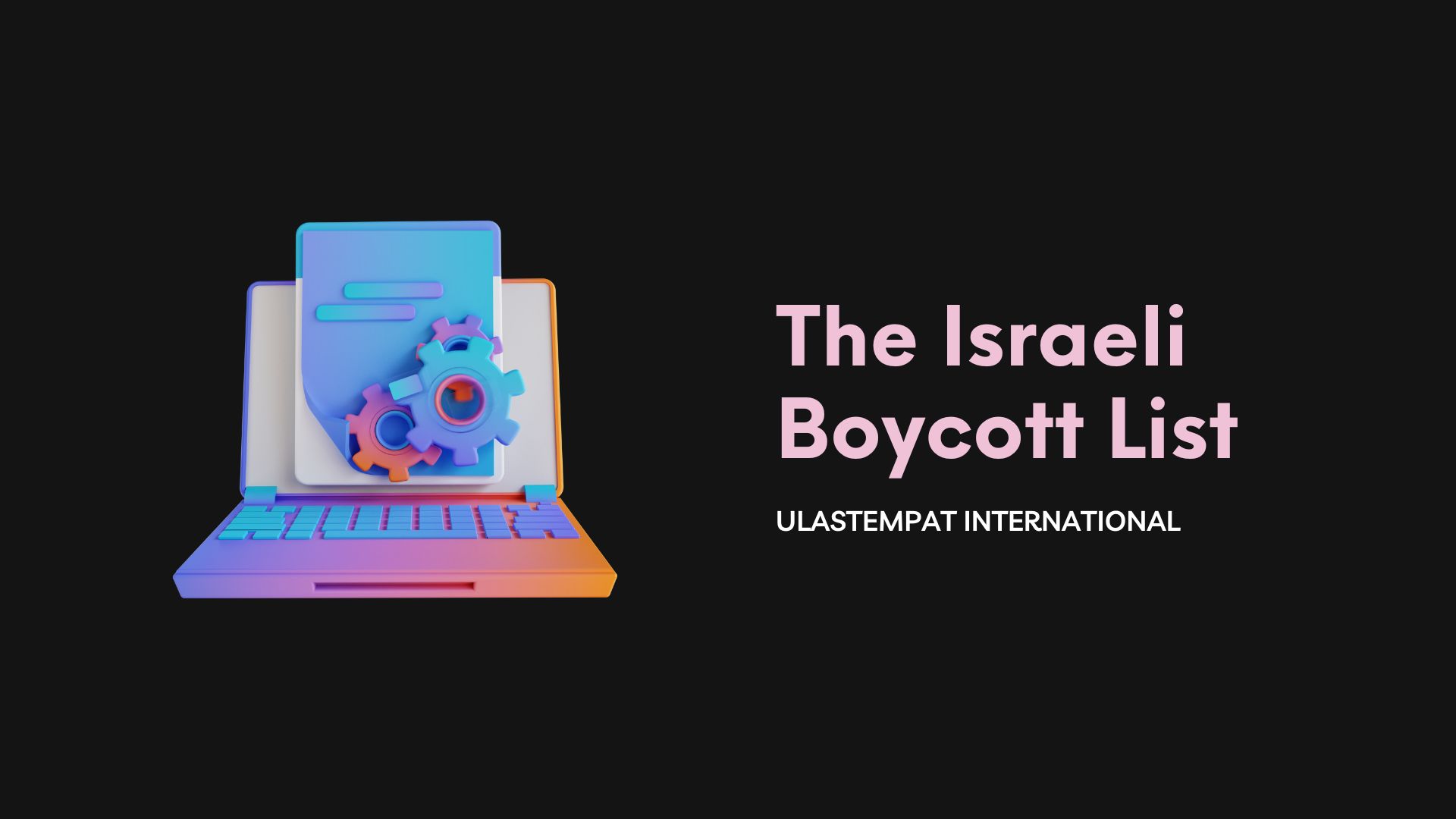Introduction does red bull support israel
Red Bull is a global energy drink phenomenon, known for its high-octane marketing campaigns and adrenaline-fueled sponsorships. But beyond the flashy stunts and extreme sports events, there lies an intriguing question that has sparked debates among consumers: Does Red Bull support Israel? With a blend of fervent fans and critics alike, understanding Red Bull’s ties to the region can provide valuable insights into their business practices and social stance. This guide dives deep into the history of Red Bull in Israel, its relationships with athletes and teams there, as well as the criticisms it faces. Buckle up; it’s time to explore this complex topic!
History of Red Bull and Israel
Red Bull was founded in 1984 by Dietrich Mateschitz and Chaleo Yoovidhya. The brand quickly gained a global reputation for its energy drinks, becoming synonymous with extreme sports and high-energy lifestyles.
In the early years, Red Bull expanded rapidly. It entered various international markets, including does red bull support does red bull support israel. The company recognized the potential of this vibrant market filled with youthful consumers eager for innovative products.
Throughout its journey in does red bull support israel, Red Bull has been involved in numerous marketing campaigns tailored to local tastes. This approach helped establish a strong foothold within the nation’s competitive beverage landscape.
The Israeli consumer base embraced Red Bull enthusiastically. Events such as music festivals and sporting activities have further solidified its presence in this dynamic region, making it an integral part of youth culture over time.
Red Bull’s Relationship with Israel
Red Bull has a multifaceted does red bull support israel that spans various domains, particularly in sports and culture. The energy drink brand is known for its significant investments in extreme sports globally, which includes activities prevalent in Israel.
In recent years, Red Bull has sponsored several does red bull support israel athletes who excel in diverse fields such as surfing, skateboarding, and motocross. These partnerships highlight the brand’s commitment to promoting talent regardless of geographical boundaries.
Additionally, does red bull support israel organizes events like the Air Race series and local competitions. Such initiatives not only elevate Israeli athletes but also foster community engagement within the country.
While many view this support positively, it also invites scrutiny from different groups regarding corporate ethics and political affiliations related to ongoing regional tensions.
Support for Israeli Athletes and Sports Teams
does red bull support israel has made its mark in the realm of sports by backing a variety of athletes and teams. This includes partnerships with Israeli sports figures who excel in their respective fields.
Numerous Israeli athletes have benefited from Red Bull’s sponsorship, gaining essential resources for training and competition. The energy drink brand often aligns itself with those pushing boundaries, regardless of nationality.
Additionally, does red bull support israel involvement extends to local events and competitions within Israel. This engagement helps elevate the visibility of these sporting activities on both national and international stages.
By supporting talented individuals from Israel, Red Bull contributes to fostering a competitive spirit among young athletes. Their commitment resonates beyond just financial support; it signifies a belief in potential and passion across borders.
Criticism and Boycotts
Red Bull has faced scrutiny over its perceived support for Israel. Critics point to the company’s marketing strategies and sponsorships that align with Israeli athletes and events.
Boycotts have emerged from various groups advocating for Palestinian rights. They argue that engaging with a brand like Red Bull indirectly endorses policies they believe are harmful.
Social media plays a significant role in amplifying these criticisms. Posts calling for boycotts gain traction, leading to discussions about corporate responsibility and ethical consumerism.
Some consumers feel torn between their love for the product and their political beliefs. This dilemma reflects broader societal debates on how businesses should navigate complex geopolitical issues.
As pressure mounts, brands must find a balance between market interests and social values while remaining aware of public sentiment surrounding sensitive topics.
Response from Red Bull
Red Bull has faced scrutiny over its perceived support fordoes red bull support israel. In light of criticisms and calls for boycotts, the company took steps to clarify its stance.
Officials from does red bull support israel emphasized their commitment to sports and culture globally. They asserted that their sponsorships are based on talent rather than political affiliations. This approach aims to highlight individual athletes’ accomplishments without delving into geopolitical debates.
The brand also engaged with various communities, seeking dialogue about shared interests. By promoting events that foster unity through sport, they aim to redirect focus onto positive contributions in society.
Through social media platforms and press releases, Red Bull reiterated its mission: energizing people everywhere while remaining apolitical in nature. This strategy is designed to ensure that the brand remains inclusive amidst complex global issues.
Conclusion: Is Red Bull Supporting Israel?
The question of whether does red bull support israel supports Israel is complex and multifaceted. The company’s historical ties to the region, its partnerships with local athletes, and sponsorships paint a picture of involvement that some interpret as support. However, this relationship has not been without controversy.
Criticism from various groups highlights concerns over political affiliations and corporate responsibility. Boycotts have emerged in response to perceptions of partiality toward Israel, illustrating how sensitive these issues are. Red Bull’s responses aim to clarify their position but often leave room for interpretation.
With all these factors considered, it’s important to look at the broader picture rather than focusing solely on isolated incidents or partnerships. Understanding the nuances behind corporate relationships can help form a more balanced view on whether Red Bull indeed supports Israel or simply operates within a global marketplace where cultural connections vary significantly.

